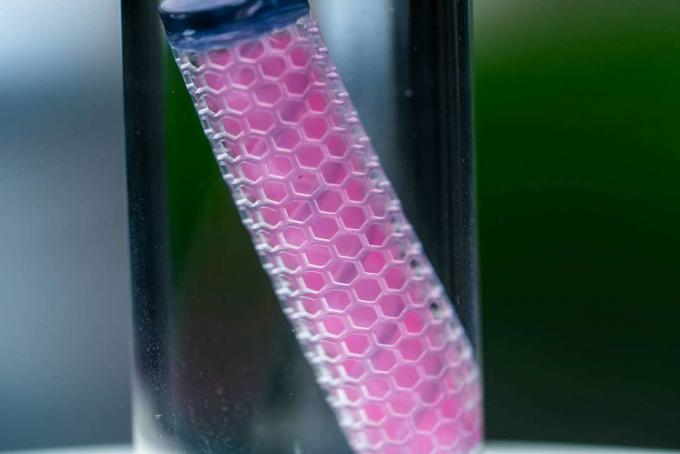In recent years, the search for less invasive cancer treatment techniques has been the objective of the scientific community. Therefore, North American researchers are developing a technique that can improve results of cancer patients, reducing the disease's mortality rate by up to 50% in the States United.
Produced at Rice University, the new technique received funding of US$45 million (approximately R$230 million) to structure the implant that fights cancer.
see more
'G.I. Real-life Joe': startup develops 4.5 m robot…
Spotify and OpenAI join forces to dub podcasts into different…
For researchers, the great difference of the new approach is that it considers the behavior of disease that tends to evolve, even when the patient is already receiving traditional treatment.
“Currently available diagnostic tools, including radiological tests, blood tests and biopsies, provide very accurate images. rare and limited” of the evolution of the disease in cells, explained doctor Amir Jazaeri, professor of gynecological oncology at the University of Texas.
Thus, the new method uses a device to monitor the development of the disease and adjust doses of the drug. treatment in real time, explained Omid Veiseh, a bioengineer at Rice University.

(Image: Brandon Martin/Rice University/Reproduction)
The project was named THOR (Targeted Hybrid Oncotherapeutic Regulation). It has a team made up of different professionals, such as doctors, engineers and scientists in around 20 research laboratories.
In addition, knowledge of immunology, oncology, electrical engineering and Artificial Intelligence is used to develop the implant.
In this sense, this technology intends to act as a regulator that analyzes the evolution of the disease, mainly in cancers that affect the pancreas, liver, lungs and other bodies. In fact, the first clinical tests will focus on ovarian cancer.
“We believe THOR could transform the status quo by providing real-time data on the tumor environment that can, in turn, guide new, more effective and tumor-informed therapies,” said researcher Amir Jazaeri.
Offered by the Advanced Research Projects Agency for Health (ARPA-H), the financing was created to support research that contributes to improvements in healthcare. As a result, the research team aims to quickly develop the new technique to offer efficient treatments that improve people's lives.